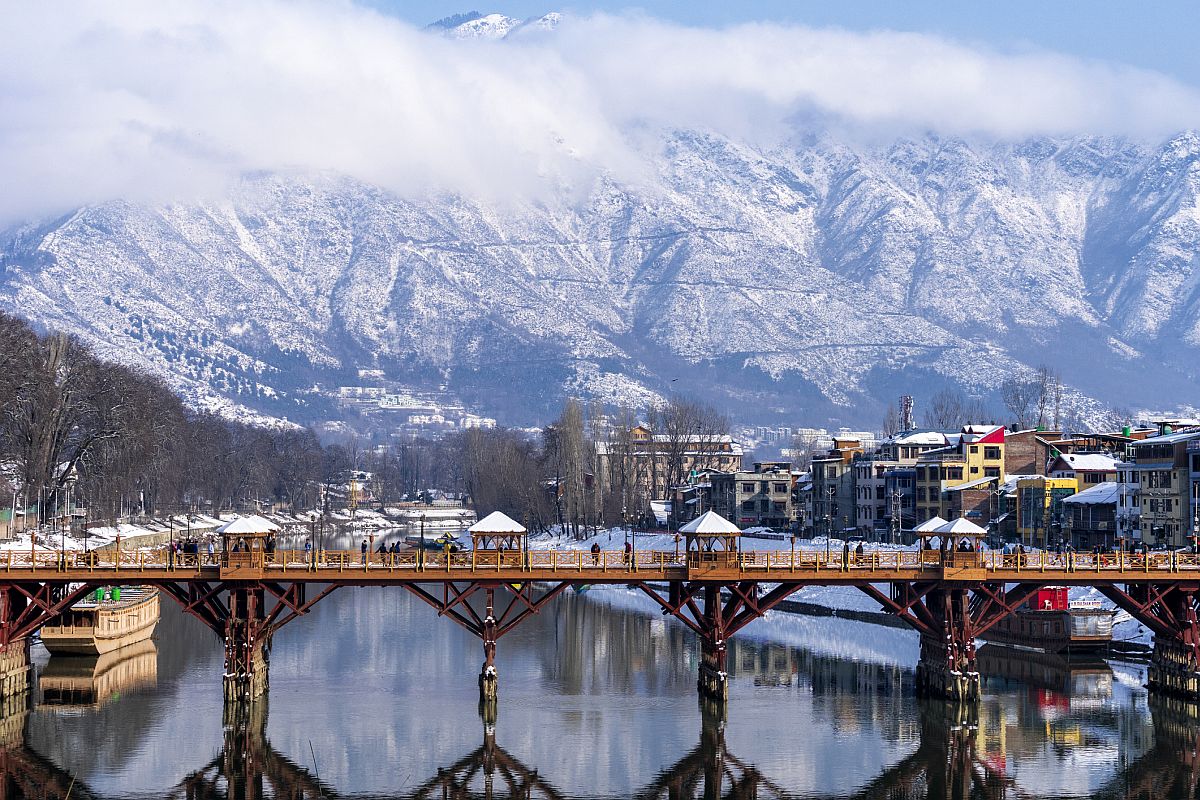“Tomorrow the judges will give their verdict, we hope for justice,” Omar Abdullah, wearing a traditional Kashmiri karakul hat, told reporters in Jammu and Kashmir’s Baramulla amid speculations that he may be house arrested ahead of the Supreme Court’s much-anticipated Article 370 judgement on Monday.
A five-judge constitution bench led by Chief Justice DY Chandrachud will announce its judgement on a batch of pleas challenging the Centre’s decision to revoke parts of Article 370 that granted a significant autonomy to the people of Jammu and Kashmir.
Advertisement
“When we went to the Supreme Court in 2019, we went with the hope of justice, even today our feelings are the same. We were eagerly waiting for this day,” the former Jammu and Kashmir CM and National Conference leader said.
On August 5, 2019, the Narendra Modi government had made a daring yet controversial decision to abrogate a part of Article 370 and bifurcate the erstwhile state into two Union Territories – Jammu and Kashmir and Ladakh.
Several petitions were filed in the top court, including those of private individuals, lawyers, activists, politicians and political parties challenging the Centre’s decision.
On September 5, the apex court reserved the judgement after a marathon hearing that went on for 16 days.
The central government had defended its decision to abrogate Article 370, saying there was no “constitutional fraud” in repealing the provision that accorded special status to the erstwhile state of Jammu and Kashmir.
The Centre had told the bench that Jammu and Kashmir was not the only state whose accession to India was through instruments of accession, but many other princely states that too had joined India post-independence in 1947, with conditionalities and after their merger, their sovereignty was subsumed in the sovereignty of India.
The Central government had defended its decision to abolish Article 370 in Jammu and Kashmir, saying that after the changes, street violence, which was engineered and orchestrated by terrorists and secessionist networks, has now become a thing of the past.
(With ANI inputs)











